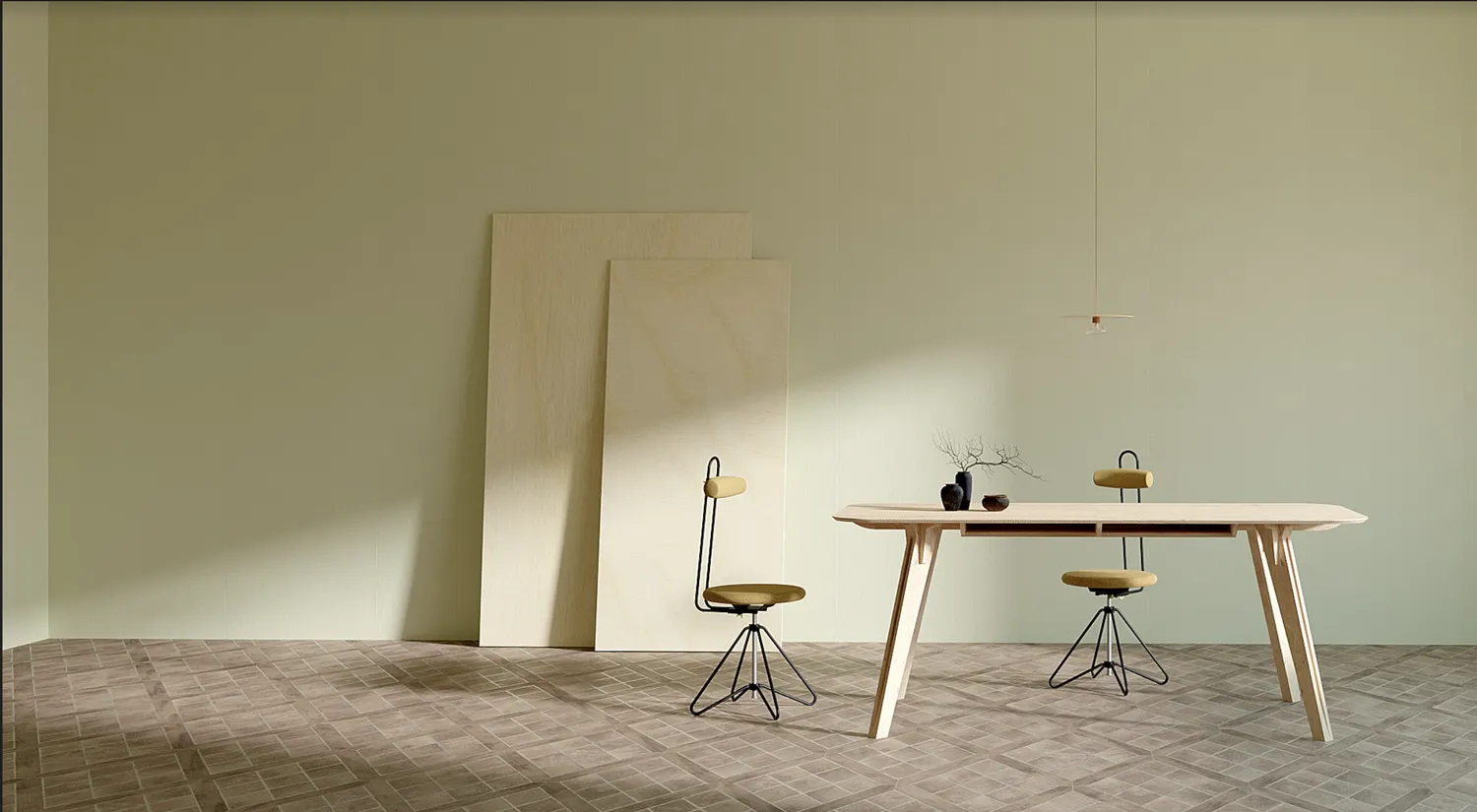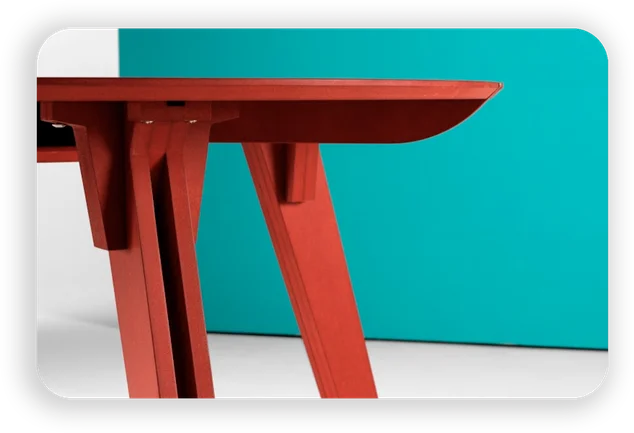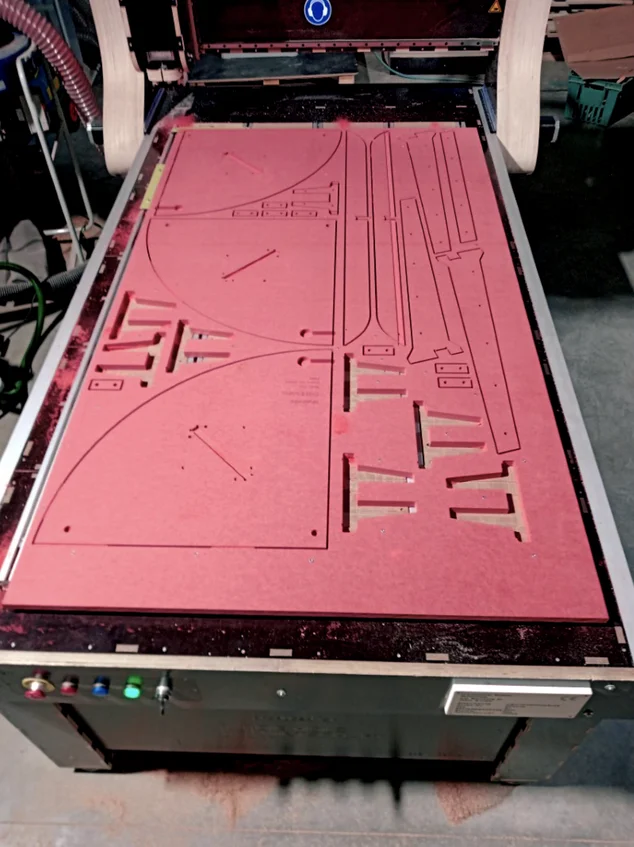In the summer of 2020, the World Economic Forum (WEF) put forth a global call to action around a Great Reset. There’s an urgent need for the leaders, thinkers, and creators of our world to reshape the assumptions that guide our everyday actions — especially the way our society makes purchase decisions.
“The inconsistencies, inadequacies and contradictions of multiple systems — from health and financial to energy and education — are more exposed than ever amidst a global context of concern for lives, livelihoods and the planet,” writes the WEF. “Leaders find themselves at a historic crossroads, managing short-term pressures against medium- and long-term uncertainties.”
[Image of circular economy vs linear economy diagram]According to Hilary Sutcliffe, director at SocietyInside (an organization that encourages innovation on the values, needs and concerns of people, and the health of the planet), one of the biggest changes that needs to take place is a shift in mindset.
“Our view of the world was simply made up,” she writes. “And made up by a surprisingly small but depressingly influential number of individuals – from Machiavelli and Adam Smith, to Milton Friedman and William Golding. But if we made it up once, we can make it up again.”
For this reason, entrepreneurship is one of the cornerstones of the Great Reset movement. The world needs more thinkers like Paolo de Jesus to address the sustainability challenges of our world, head-on.
“We overproduce too much stuff,” says de Jesus. “The Industrial Revolution made it possible to produce things in batches, very easily. There’s a lot of waste, which is a problem that I’ve always examined with my design decisions.”
As a solo company founder, he conceptualized and launched Nomade Edition to offer one solution to this problem. Put simply, according to the website, “Nomade Editions is a DIY furniture label that enables you to customize, personalize and download designs to make yourself with the help of local CNC fabricators.”

The idea is that someone can come to the website and customize a product — in the early stages of the company, the first product is a functional, minimalistic table. In this interview, we explore how he’s translating a philosophical vision into a tangible reality — and how technology extends his capabilities as a team of one.
Interview with Paolo de Jesus
Can you share a little bit about what inspired you to start Nomade Editions?
Paolo de Jesus
I love the process of designing furniture as it brings me a sense of peace and enjoyment. I’m not looking to change the world. That said, I spend a lot of time thinking about the problems in our world that got us to where we are — the fact that we are destroying our planet.
We overproduce too much stuff. The Industrial Revolution made it possible to produce things in batches, very easily. There’s a lot of waste, which is a problem that I’ve always examined with my design decisions.
After 20 years in industrial design, I spent the last leg of my career working for a design art gallery. My boss would work with very famous artists and architects to come up with crazy ideas. It was my job to bring these concepts into reality. I created preliminary sketches and technical plans.
In my career, something that I’ve learned about creating furniture is that there is always a craftsperson-ship involved with the process, especially at the final stage with a person putting the piece of furniture together.
At the start of 2018, de Jesus made the decision to move from London, where he had previously been working, to Berlin. With this change in his life, he found himself wondering what to do next with his career.
The idea for Nomade Editions came together after a process of soul searching, tinkering, and exploration. I applied for an EU grant, which I used to create the platform. Nomade Editions launched in October 2020. The timing was right, based on what’s happening in the world, the mistakes from which we are learning, and the availability of new technology.
What do you love most about what you do?
Paolo de Jesus
It’s funny that you ask this question. I love the design aspect for reasons that have nothing to do with the end product of furniture design. It’s more of a thinking process.
To me, everyone creates designs when they problem-solve. That’s the part that I enjoy. If you’re a musician, you’re designing something. If you’re a chef and you’re coming up with a new recipe, you’re designing something. To me, design is more encompassing than just making stuff. It’s not about the things.
It’s what we do as human beings, to imagine future scenarios.
What’s interesting to you, about the field of design?
Paolo de Jesus
The field of design is obviously advancing and progressing now. We have, as a species, developed technology that augments our ability to think.
I’ve always been a bit of a digital nerd, so I’m always looking for new ways to use technology. I like technology — it helps humanity solve a lot of problems.
Design is all about pushing the limits of what’s possible. We try to search for new ways of doing things. For me, this process involves a conjunction between the old and the new. The furniture still needs to be cut by a person, even when a computer designs it.
Especially now when we are all digitally interfacing, people want to go back to feeling real stuff. We see this come to life with the trend of people grinding their own coffee beans and baking their own sourdough bread. I think the DIY ethic, rather than the ‘rough and ready aesthetic’ is going to become more prevalent.
How did you find your way to parametric design, and what have you learned so far with your experience?
Paolo de Jesus
I had some time to learn a new software program. I was interested in parametric design, which requires creators like me to think mathematically rather than visually about a design. So I learned how to use 3D parametric software called Fusion 360. I found my way to ShapeDiver to convert this capability for use on my website.
As an industrial designer, I think about solving problems from a holistic perspective, so I was interested in approaching design problem-solving from a new level. What we mean by parametric is the ability to define “parameters” such as length, width, and height. Usually, a person draws something. To iterate, you need to re-draw it. With parametric design, it’s possible to customize the output on the fly.
Nomade Editions’ customers can take a shape file and adjust it to the exact specifications that they need, through a natural process of tinkering and exploration.
What does parametric design enable in your business that may not have been possible before?
Paolo de Jesus
The furniture industry relies on manufacturing methods that we accepted as the status quo from the Industrial Revolution.
With Nomade Editions, I don’t think of our shoppers as consumers. Rather, they are taking part in the means of production as co-creators. In this regard, our co-creators are able to download and make the designs themselves. There’s no need to carry inventory that has the potential to get wasted. The business aligns with on-demand movements in manufacturing, such as decentralized manufacturing. CNF fabricators are available in regions all over the world.
The technology enables me to bring my vision to life as a solo entrepreneur. I’m not the type of entrepreneur who is looking to build a massive company. I don’t look at myself as a person who is going to employ a lot of people. That’s not my strength or my personality.
When you get too big, you tend to lose sight of certain things. I subscribe to the philosophy that small is beautiful. I’m not thinking that far ahead. I’m focused on this exact moment, now.

